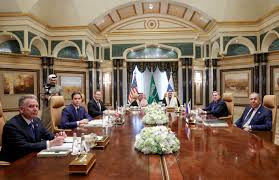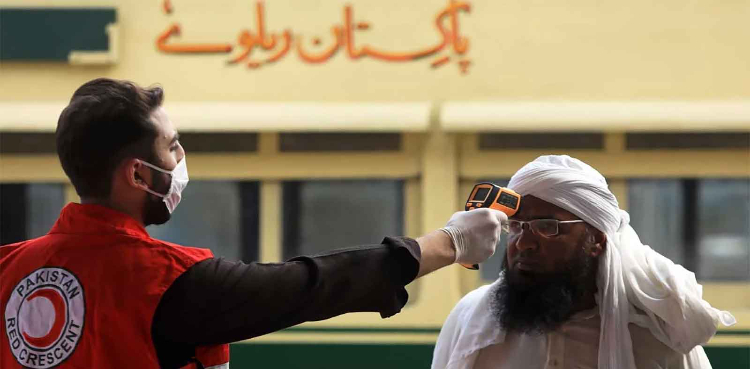President Dr Arif Alvi has signed the official secrets and army amendment bills. The bills have now become laws.
The Pakistan Army (Amendment) Act 2023 as well as the Official Secrets (Amendment) Act 2023 have both been previously passed by the Senate and National Assembly.
After getting both the bills passed by both Houses of parliament, the previous government had sent them to the president for singing into law.
The Official Secrets (Amendment) Bill, 2023, was approved by the National Assembly after making a much-demanded change amendment. The controversial provision granting intelligence agencies the authority to arrest anyone without a warrant was removed from the proposed law.
The bill also proposes up to three years in jail for anyone who discloses the identity of members of intelligence agencies, informants, or sources.
Official Secrets Act
- Section 6-A (unauthorised disclosure of identities): This amendment would create a new offence of unauthorised disclosure of the identities of members of intelligence agencies, informants or sources. The offence would be punishable by up to three years in jail and a fine of up to Rs10 million.
- Section 8-A (definition of “enemy”): This amendment would add a new definition of “enemy” to the act. The new definition would mean “any person who is directly or indirectly, intentionally or unintentionally working for or engaged with the foreign power, foreign agent, non-state actor, organisation, entity, association or group guilty of a particular act tending to show a purpose that is prejudicial to the interest and safety of Pakistan”.
- Section 9 (attempts or incitement to offences): This amendment would substitute the existing section with a new provision that would make it a crime to incite, conspire, attempt, aid or abet the commission of an offence under the act. The offence would be punishable in the same way as the underlying offence.
- Section 12-A (investigations): This amendment would create a new section that would set out the procedures for investigations under the act. The amendment would state that investigations would be conducted by officers of the Federal Investigating Agency (FIA). The FIA director general would have the power to constitute a Joint Investigation Team (JIT) to investigate cases under the act. The amendment would also require the FIA to complete investigations within 30 working days.
- Section 12-B (admissibility of material collected): This amendment would create a new section that would make all material collected during the course of an inquiry or investigation under the act admissible in court. This would include electronic devices, data, information, documents, or any other material that facilitates the commission of an offence under the act.
Sub-section (2A) of Section 11 of the law, which was removed, stated: “Notwithstanding anything contained in this Act or in any other law for the time being in force, the Intelligence Agencies may, at any time, enter and search any person or place, without warrant, and if necessary, by use of force, and seize any document, sketch, plan, model, article, note, weapon, ammunition, electronic or modern devices or anything of like nature, or anything which is or can be evidence of an offence committed, or suspecting of been committee, under this Act.”
Army Act
According to the bill, a person who, in an official capacity makes an unauthorised disclosure of information obtained in the interest and security of Pakistan, will be punished with rigorous imprisonment for up to five years.
A person making such a disclosure with the permission of the army chief or an authorised officer will not be punished, the bill states.
Anyone who discloses information against the interest of Pakistan and the Pakistan Army will be dealt with under the Official Secrets Act and the Army Act.
Under this Act, a person shall not participate in any political activity, and the person concerned shall not participate in political activity until two years after his retirement, resignation, dismissal from service.
A person posted on a sensitive duty shall not participate in any political activity for five years.
A person who violates the ban on participating in political activity will be severely punished for up to two years, the amendment states.
It further says that if a person under the Army Act is involved in an electronic crime, the purpose of which is to defame the Pakistan Army, then action will be taken against him under the Pakistan Electronic Crimes Act.
Under the amended Act, a person who defames the army or spreads hatred against it will be imprisoned for up to two years and fined.
Moreover, a person who discloses secrets related to national security will be punished for up to five years.



















































